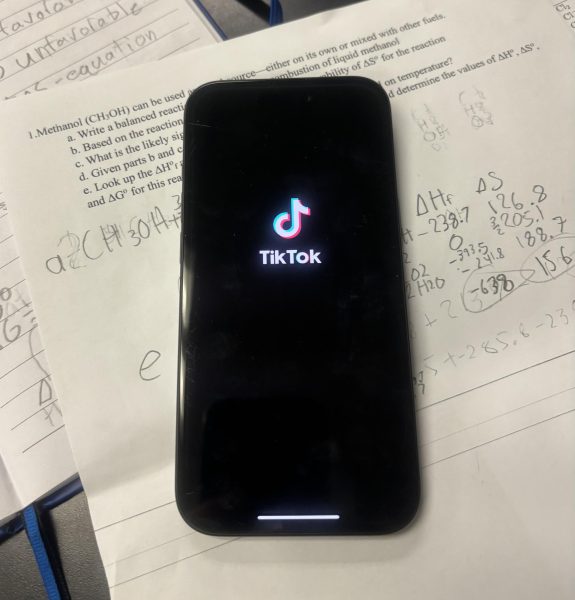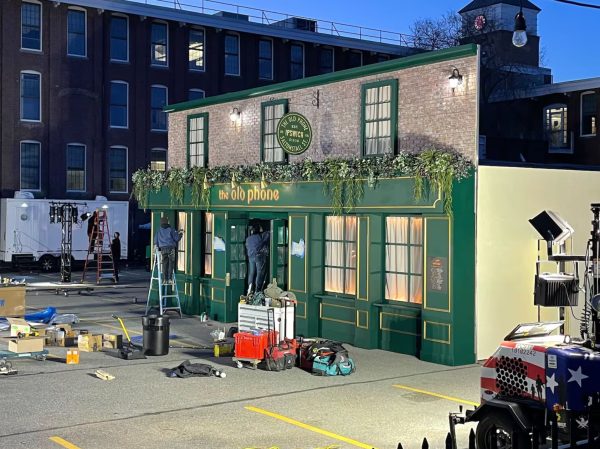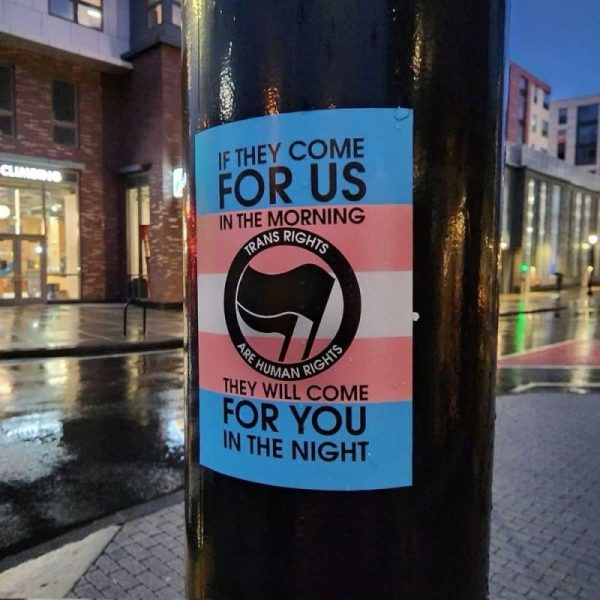Illuminating BRYT Futures
Victor Fidler is working in one of the newest areas of education.
Previously working at several other schools, Fidler has worked as an academic case manager, but could also be sometimes found teaching a history course or grading an essay in his English class. Now, Fidler has begun a journey in a brand new program at Triton High School, aiming to help students at Triton in a way that has been lacking for a long time.
“So, my time in Everett, was sort of much more gang kids and behavior issues the first couple years, and the last couple years it started to become much more mental health and depression-based stuff,” said Fidler.
Fidler and other educators in Triton and beyond, such as social worker Karrah Briley and head of guidance Megan Ober, have felt that there was a big need for recognizing the ways that mental health can affect students and learning, and with Triton allocating space and putting money into the program, it is being recognized and acted upon.
Fidler is a part of the LIFT program, Learning Individualized for Transitions, which aims to help students get back on track after a period of hospitalization due to physical or mental illness. He works alongside Briley, Ober, and Kathryn Dawe, the vice principal of Triton who is also an adviser to the program.
For years at Triton, there have been students who have had extended absences due to health issues. In most cases, these students struggled to adjust back to school, and often experienced a great deal of anxiety, especially from expectations to catch up with their classmates on their own. This was until a system was developed that could offer clinical support as well as academic support to high school students who had been out of school for a long period of time due to hospitalization. Fidler started in the education branch when he worked as an academic case manager at an Everett K-12 behavior school. From there, Fidler worked as a housing parent at Landmark. Now, he works as an academic coordinator in the district. Triton presented a new environment and new opportunities to help students in a new way for Fidler.
Fidler works as academic coordinator who gathers work and tries to cut down assignments for students to avoid stress.
“I’m probably the person the teachers are going to want to see the least amount of.” he said. “I’ll be looking for some help for them and looking to get some work and hopefully not being bothersome.”
The LIFT program is based on a program out of Brookline Public Schools known as BRYT, or the Bridge for Resilient Youth in Transition. The BRYT program has served as a model for around 137 different schools who have adopted a similar program, with over 140,000 having been enrolled in such a program.
The BRYT program has been successful for 85 percent of students who have been enrolled in the original program or similar ones. The dropout rate of the program has only been eight percent, according to the BRYT website, brooklinecenter.org.
Ober is a guidance counselor at Triton High School who worked to help fund and build the LIFT program. She is also a part of the team of people who decide which students are eligible for enrollment in the program.
“Even in the course of the time that we have been putting this program together, which has been a conversation for a little over two years, there would be students who while we were still in the planning stage that we would say, ‘this student would be perfect for this program we just don’t have it yet.’ There have been many students along the way who could have benefitted.” said Ober.
The LIFT program at Triton currently has two students who are enrolled and working with Fidler on their schoolwork and homework. Fidler has been getting work for these students and finding ways for them to maintain good grades while the students learn how to deal with stress and anxiety.
According to Karrah Briley, the clinician of the LIFT program, anxiety is actually proven to lower IQ, so getting kids the emotional and academic help they need when reentering school is important.
Fidler is set to offer academic help to all students who enter the LIFT program this year.
“I think that the veteran staff have been really welcoming and helpful asking a lot of questions, so it’s been a really good transition, good to try to be part of this, and good to try to get to know staff and students,” said Fidler.






